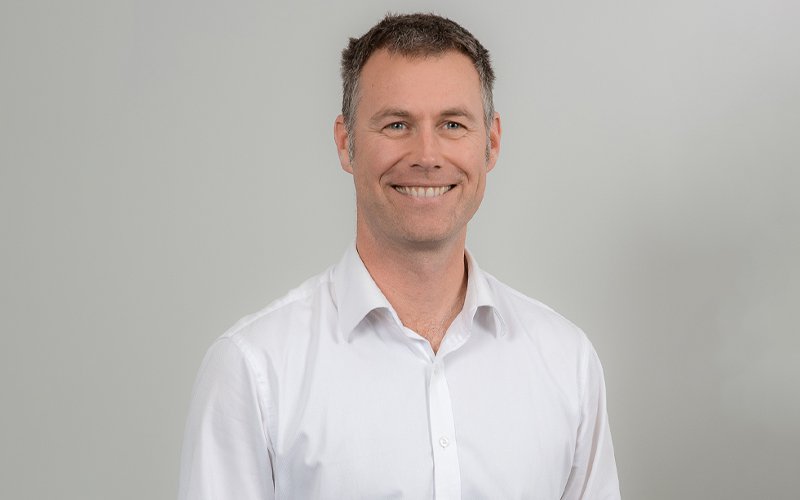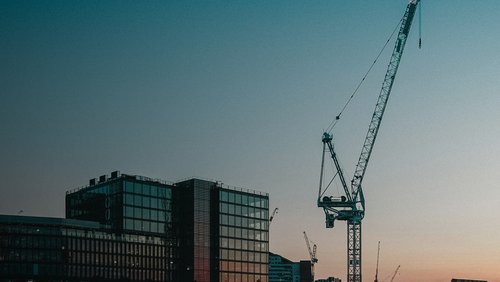5 Feb 2025
New Fellow Andrew McMenamin FENgNZ CPEng has been a structural engineer for nearly 30 years, and while he started his career in Aotearoa, he was first chartered in the United Kingdom nearly 20 years ago. Most of his career has focused on infrastructure projects, and he's worked on structures including the Auckland Harbour Bridge, London’s Marylebone station and two huge projects involving a viaduct on the London Overground railway and a series of bridges in Buckinghamshire.
More than a decade ago, Andrew volunteered to help investigate complaints against engineers, and says that although it’s sometimes a difficult task, it has allowed him to work with some fantastic people. “I’ve had to learn how to ask for technical advice – I’ve always worked as a consultant and usually I’m providing the one providing advice.”
What attributes make you a good leader?
Willingness to listen, the ability to stay calm under pressure, self-confidence and, above all, sound judgement.
At the end of each day, what tells you whether you’ve been successful?
I know it’s been a good day by the number of people I’ve talked to and the number of problems I’ve helped them solve.
What inspired you to become an engineer?
My grandfather was a civil engineer and he seemed to know everything about roadworks, buildings, railways and pipes – I wanted to design all the stuff I saw out of the car window on family holidays. Plus, engineers use maths and physics, which were my favourite subjects at school.

Who opened a key door for you?
About 15 years ago, I was lucky to work for Nick Gordge. He has a fantastic grasp of leadership and a gift for mentoring. He got me into some leadership courses, helping me to develop the self-confidence needed for people to want to follow my lead.
How do you connect your work with a sense of greater good?
Well-designed, efficient structures – whether buildings, bridges or bus shelters – help us to support a high standard of living. The efficiency part is key: balancing carbon emissions, money, labour and materials to achieve a whole range of goals that society has set for itself.
How do you approach a difficult conversation with someone you lead?
You have to be frank and show empathy for the other person, because in my experience no one deliberately sets out to do a bad job and neither of you is going to enjoy a negative conversation. It pays to prepare well, because if you become flustered then emotions can take over.
What mistake have you learned most from?
I spent a few years working in England and on a trip home I ended up in a phone call with my boss. A staircase I'd designed couldn’t be built because it was physically impossible to connect it to the supporting wall. I learned a couple of things: (i) if a design looks challenging, always ask someone more experienced to look at your concept before you dive in; and (ii) the time you spend building relationships with your colleagues proves its worth when they willingly pull you out of a hole you’ve dug for yourself.
Who is a leader in Aotearoa you admire?
I recently heard Dr Ellen Joan Ford speak and met her briefly. She’s a moving speaker and has set an incredible example for what you can achieve when you truly commit yourself to a goal – in her case, bringing Afghan interpreters and their families to New Zealand after the withdrawal of Western security forces. She has a great philosophy of leadership, based on her own experience as a woman in a male-dominated organisation.
What questions have you been asking yourself lately?
In no particular order: When will displacement-based design make it into the Building Code? When will New Zealand reach net zero? Where will Team New Zealand defend the America’s Cup next?
This article was first published in the December 2024 issue of EG magazine.




